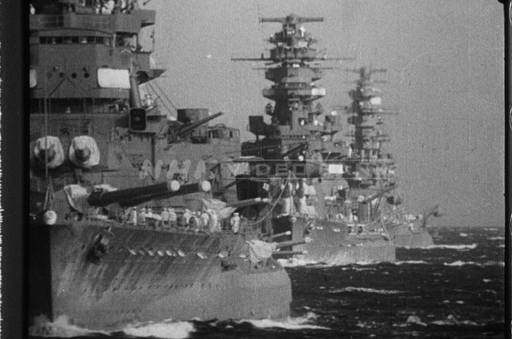

Why was Michael Corleone more feared than loved? Michael Corleone, the central character in Mario Puzo’s novel The Godfather and its film adaptations, was more feared than loved primarily due to his leadership style, actions, and the way he managed the Corleone crime family. Several factors contribute to this perception:
Cold and Calculating Nature:
Michael was known for his cold and calculating demeanor. Unlike his father, Vito Corleone, who was able to inspire loyalty and affection through his charismatic and benevolent leadership, Michael’s approach was more ruthless. He made decisions based on logic and the survival of the family, often at the expense of personal relationships and emotions.
Brutal Actions and Decisions:
Michael’s tenure as the head of the Corleone family was marked by a series of brutal actions. He orchestrated the murders of key rivals and even close associates when he perceived them as threats. His willingness to eliminate anyone who posed a danger to his power, including family members, instilled fear among those around him.
Transformation from War Hero to Crime Lord:
Michael’s transformation from a decorated war hero, who initially distanced himself from the family’s criminal activities, to a ruthless mafia don shocked those around him. This drastic change highlighted his capacity for violence and strategic brutality, which contrasted sharply with the image of the young man who once sought a legitimate life.
Trust Issues and Paranoia:
Michael’s leadership was characterized by a deep-seated paranoia and a lack of trust in others. He often suspected betrayal and took preemptive measures to neutralize perceived threats. This approach created an atmosphere of fear and suspicion within his inner circle, as loyalty was constantly tested and often met with lethal consequences for any perceived disloyalty.
Isolation and Personal Sacrifice:
Michael’s path to power led to significant personal sacrifices, including estrangement from his wife, children, and other family members. His relentless pursuit of power and control often came at the cost of his personal relationships, contributing to his isolation. This isolation further reinforced the perception of him as a fearsome figure rather than a beloved leader.
The Nature of Mafia Leadership:
The nature of mafia leadership inherently involves fear. To maintain control and power in the violent and treacherous world of organized crime, a mafia boss must be feared. Michael embraced this aspect more fully than his father, relying on fear as a primary tool to enforce loyalty and obedience.
In summary, Michael Corleone’s feared reputation stemmed from his ruthless decision-making, brutal actions, transformation into a ruthless leader, deep-seated paranoia, personal sacrifices, and the inherent need for fear-based control in the mafia. These factors collectively made him a figure more feared than loved, contrasting with the more balanced approach of his father, Vito Corleone.




